Joint Forest Management in India (In 2 Volumes)
Synopsis
Forestry represents the second-largest land use in India after agriculture, covering almost 641, 130 square kilo meters, about 22 percent of the total land area (FAO 2005). Forests provide a wide range of products environmental services and ecological benefits. About 275 million poor rural people in India depend on forests for at least part of their subsistence and cash livelihoods, which they earn from fuelwood, fodder, poles, and other non timber forest products, such as fruits, flowers and medicinal plants. Seventy percent of India's rural population depends on fuelwood to meet their domestic energy needs. Half of India's 89 million tribal people, the most disadvantaged section of people, the most disadvantaged section of society, live in forest fringe areas, and a significant percentage of India's 471 million livestock are sustained by forest grazing or fodder collected from forests. Forests is one of the most important resources for the very survival of human beings, especially those who are living in around the forest. However, one of the major reasons for its depletion is unsustainable exploitation often by the same very people whose survival depends on the forests. National Forest Policy 1988 envisaged the concept of people's participation for sustainable management of the Natural resources, which became the essence of Joint Forest management (JFM) in India. This concept originated in our country and spread over all the developing countries as it is in favour of rural masses, poor tribal populations and environmental improvement. In last years, JFM has showed a multifaceted dimension in different parts of the country. Being a site specific activity, its impact on forest conservation not only depends upon the type of forest, terrain, soil, climatic factors but also on the socio-economic profile and the cultural trends prevalent in the society. The book has attempted to give an overall picture of Joint Forest management in India. it has dealt with several facets of JFM from Policy to commissioning and brings about the success stories as well as the problems faced in the implementations of the program in different areas with or without external funding supports in project mode in various states. There are 49 papers relating to several issues of JFM and have been grouped under following six themes: Policy, Legal Issues and property Rights regimes in JFM and its Challenges; Livelihood Opportunities for Sustaining JFM; Ecological ramification of JFM and Innovations in Silvicultural aspects; Institutional Innovations Issues in JFM and its Implementations; Emerging Opportunities for Diversifying JFM; State presentations on the Status of JFM. The book provides all relevant and latest information about participatory forestry in India and would be useful for first scientists, policy makers, forest officers, planners, researchers and the students of forest and environmental management.
Read more
225.00
202.5
$
250.00 $
Free delivery Wolrdwidе in 10-18 days
Ships in 1-2 days from New Delhi
Membership for 1 Year $35.00
Get it now and save 10%
Get it now and save 10%
BECOME A MEMBER
Books by the same authors

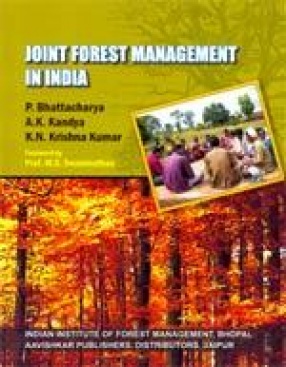
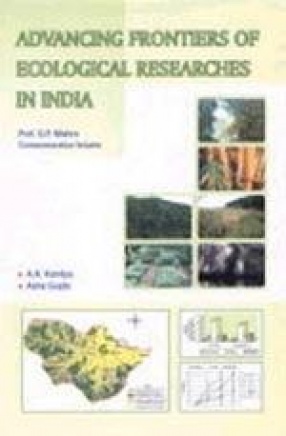
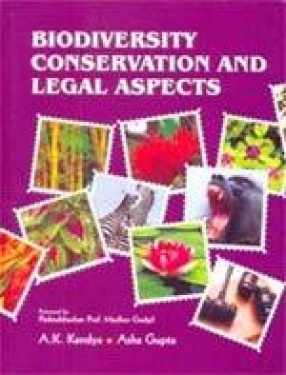
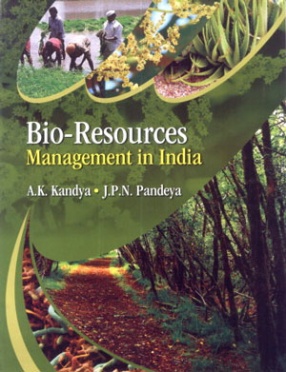

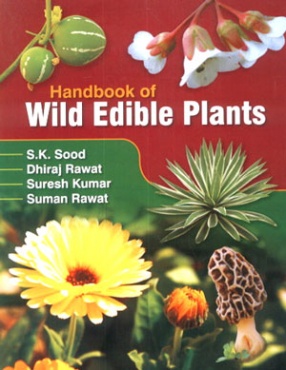
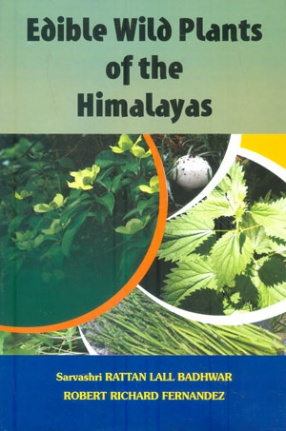
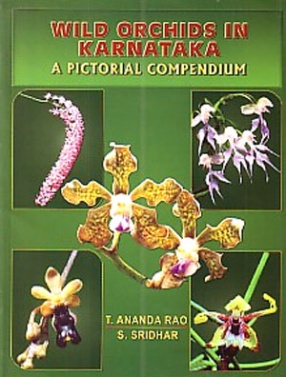

Bibliographic information
K.N. Krishna Kumar
P. Bhattacharya